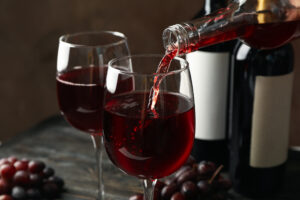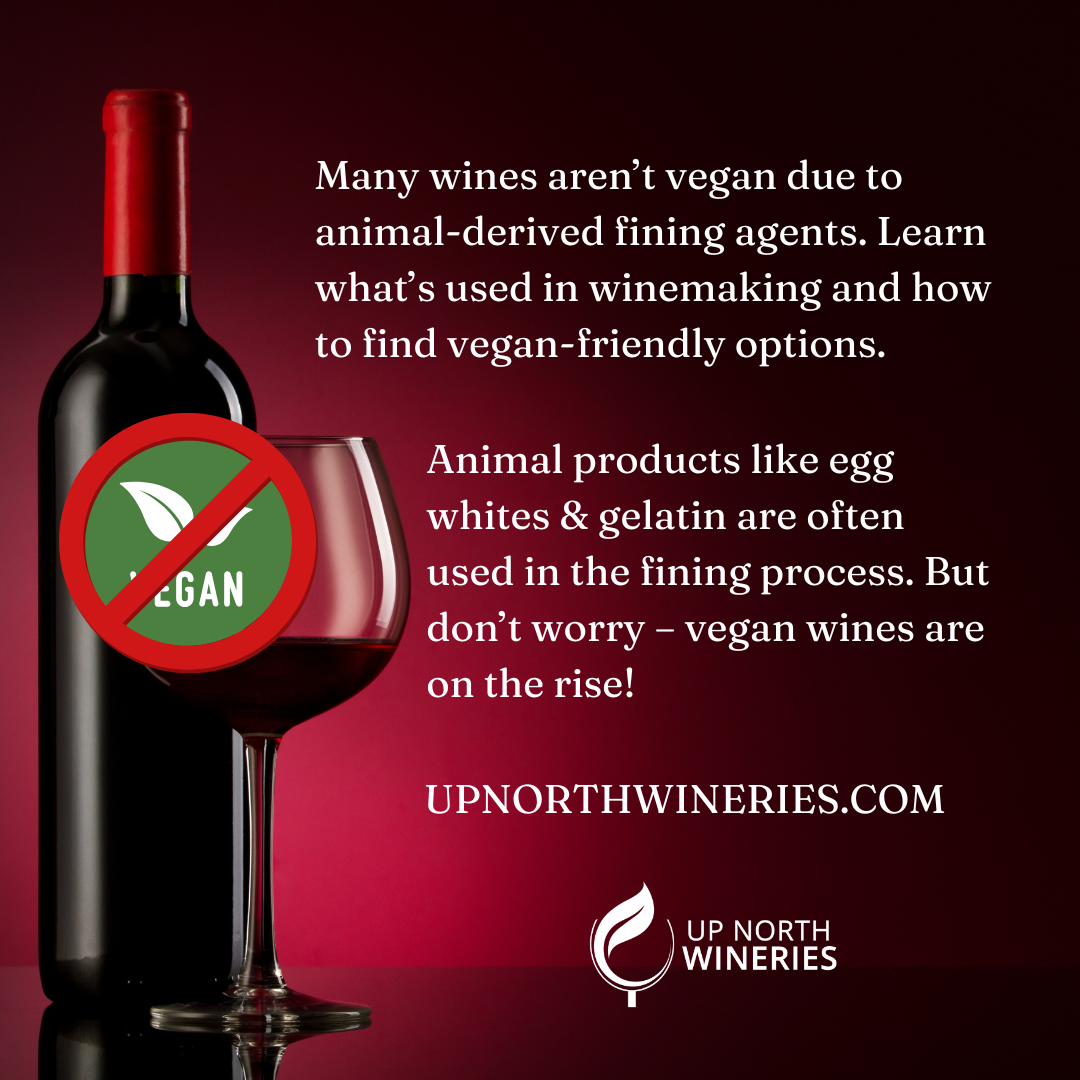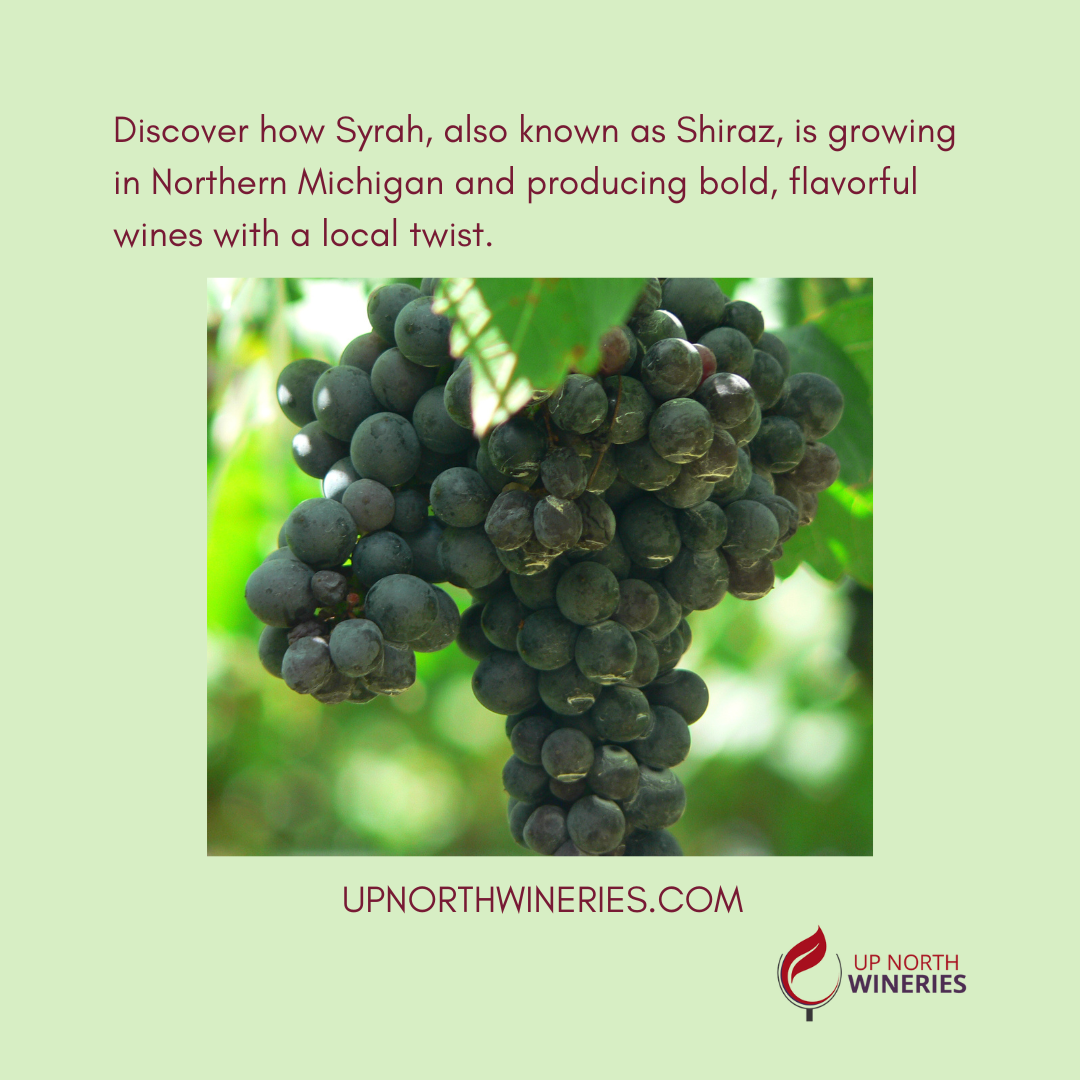
Decoding Wine Labels
When browsing wine labels, you’ve probably come across the phrase Estate Bottled on American wine bottles. But what does it actually mean? Understanding this (and similar phrases from other countries) can help you identify wines that were truly made from vine to bottle at the same estate.
What Does Mis en Bouteille au Domaine Mean?
In French, Mis en Bouteille simply means “bottled,” while au Domaine specifies that the bottling took place at the estate where the grapes were grown. This means the winery owns the vineyard and controls every stage of production, from grape growing to fermentation to bottling. It’s an indicator of quality and consistency, ensuring that the wine comes from a single, dedicated source rather than being outsourced.
How to Spot Estate Bottled Wines
If you’re looking for estate-bottled wines, different countries use different terminology. Here’s a quick guide:
- France: Mis en Bouteille au Château, Mis en Bouteille au Domaine, or Mis en Bouteille à la Propriété
- Italy: Bottigliato all’Origine
- Spain: Embotellat a la Propietat
- Germany: Erzeugerabfüllung
These labels indicate that the winery handled the entire winemaking process, ensuring higher control over the quality.
Estate Bottled Wines In the United States
Wines that are estate bottled will have the phrase “Estate Bottled” on the label. To use that phrase there are strict regulations governing its use. According to the Alcohol and Tobacco Tax and Trade Bureau (TTB), a wine labeled as Estate Bottled must meet the following criteria:
- Grown & Bottled by the Same Winery – 100% of the grapes used must come from vineyards owned or controlled by the winery.
- Same AVA (American Viticultural Area) – The vineyard and winery must be located within the same officially recognized AVA (e.g., Napa Valley, Willamette Valley, Finger Lakes).
- No Outsourcing – The entire process—growing, crushing, fermenting, aging, and bottling—must take place at the winery’s facilities.
If a wine doesn’t meet all these requirements but still wants to highlight its vineyard connection, it might instead say “Grown, Produced, and Bottled by” or “Proprietor Grown” on the label. However, these phrases don’t carry the same strict AVA rules as Estate Bottled.
Why Does It Matter?
Estate-bottled wines are generally considered superior because the winemaker has complete oversight over the grapes and the production process. Wines labeled “Vinted by,” means grapes may be sourced from multiple locations and merely processed at a winery. Estate-bottled wines offer a level of authenticity and terroir-driven characteristics that many wine enthusiasts seek.
Additionally, a step below “Estate Bottled” are wines labeled as “Proprietor Grown.” This means the winery owns the vineyards, but the grapes may be transported to another location for production. While still a good indicator of quality, it doesn’t guarantee the same level of control as a fully estate-bottled wine.
Final Sip: Is It Worth It?
While estate-bottled wines often come with a slightly higher price tag, they typically offer better quality, authenticity, and consistency. If you’re looking to truly experience the unique flavors of a specific winery’s land and winemaking expertise, looking for these key phrases on the label can help you make a more informed choice. So next time you’re browsing the wine aisle, check that label—your taste buds might just thank you!






 Marisa Fancy along with her husband and four children dreamt of moving “Up North”. They had vacationed for years in northern Michigan and in 1995 they finally made the move.
Marisa Fancy along with her husband and four children dreamt of moving “Up North”. They had vacationed for years in northern Michigan and in 1995 they finally made the move.